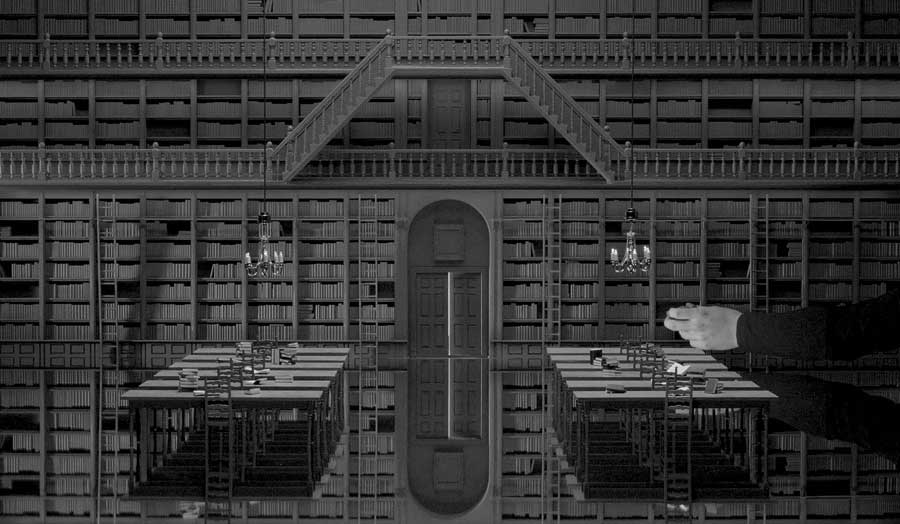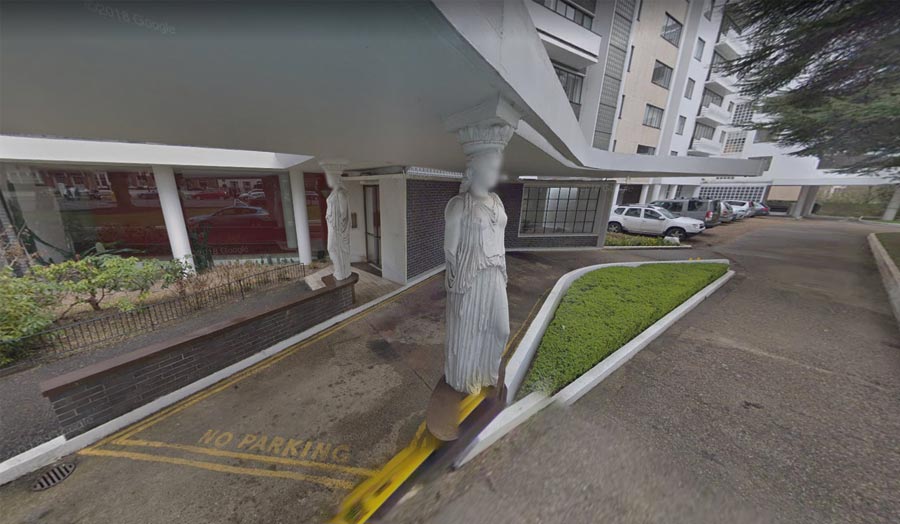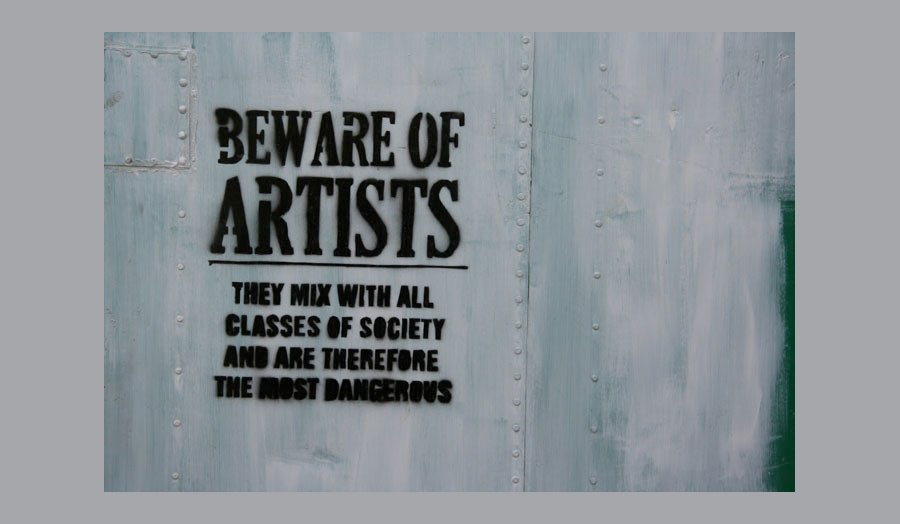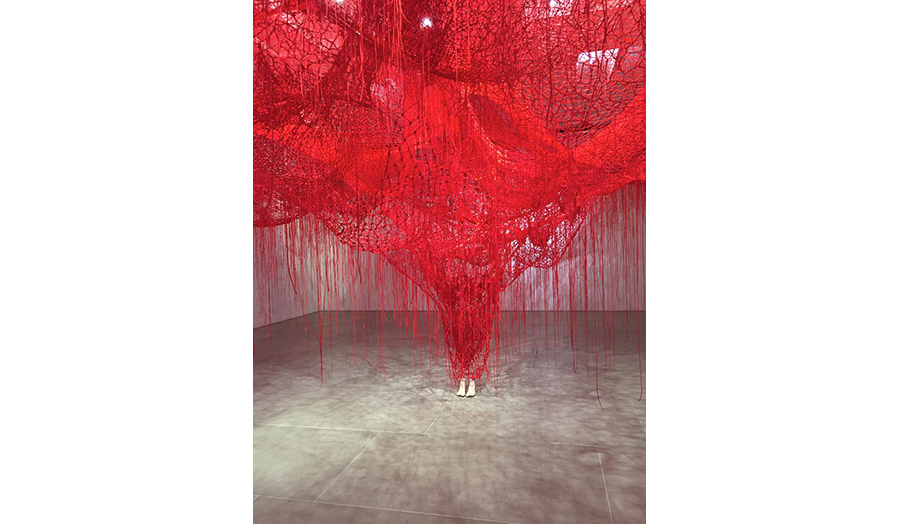Trevor Norris
There is nothing inevitable about the way we organise our societies, and we now recognise that transnational and historically embedded structures of economic efficiency are killing the habitable planet. In this studio we explore the trade-off between efficiency and creative flourishing in structures of extraction, production, property, commerce and law, and ask where these efficiencies sit in our bodies, behaviours and feelings as both long-standing cultural legacies and contemporary harms.
The biosphere is being pushed beyond the conditions of life for many species, taken there by the agglomeration effects of the way we live as the industrialised polluter elite. In April 2021 the Cambridge Sustainability Commission on Scaling Behaviour Change reported that ‘over the period 1990–2015, nearly half of the growth in absolute global emissions was due to the richest 10%, with the wealthiest 5% alone contributing over a third (37%).’ At present, a common strategy to bring about behaviour change is to exhort the polluter elite to consume less or consume more wisely and to do so within an apocalyptic framing of the end of the world
Our recently globalised culture of industrialised work and consumption is the zone of contention: fifty percent of the gases contributing to global temperature rises since the beginning of the Industrial Revolution have been pumped into the atmosphere since the end of the 1980s. This culture requires a turbo-charged structure of efficiency. The structural, emotional and psychological efficiencies of work and production culture require us to absorb our inability to manage overwhelming demands, and ignore or suppress our caring responsibilities because we all have far too much to manage, far too much to do and far too much to risk in saying no. There are whole industries devoted to developing ever greater resilience and grit in the face of ever greater efficiencies. These industries and techniques are covers designed to make us feel better about being increasingly less able to care.
Economies of Objects vs Ecologies of Feeling
In this studio we will explore what economic efficiency means in human, historical and environmental terms. We must start imagining possibilities for scalable change that undo climate disaster but these are not going to be found primarily through thinking about lumps of stuff (even in the mode of creating friendlier lumps of stuff or fewer lumps of stuff or cleverer lumps of stuff that can clean up the mess). The solution can only arrive in terms of human feelings of relatedness to one another and care for other beings. We will consider the obstacles to and levers for a more equitable and distributive practice of care through the way we work, create and relate to others.
We will ask ourselves what we feel, why we feel it, how we feel it, and work out how these patterns of feeling are plugged into the object production and distribution structures we want to change (and their environmental agglomeration effects). We can easily understand ecological harms when we think about microplastics, heavy metals and dumping, excess consumerism and excess waste but these are only the external signs of the problem, and not the problem itself. We might stop seeing the ecological problem primarily in terms of a massively distributed economy of physical objects and see it for what it is: a dysregulated ecology of feeling that disrupts our connections to each other and to other living beings in the world.
Studio Library
Rather than set readings, the studio offers a broad range of resources for students to explore and select from in support of the seminar syllabus. To see the full set of sources and texts, view the Studio Reading List on Talis.
Seminar Programme
- Introduction
- Extractivism and the Anthropocene: What do we mean by the anthropocene as geological period, and what does it have to do with the extraction of mineral resources from the earth? How can we understand and complicate the concept?
- Agrilogistics and Moralism: Where do our structures of moral judgement originate, and what roles do shame and the threat of exclusion play in our psychic lives? Do we need to dispel shame as a sociopolitical tool? If so, what replaces shame as a lever of change?
- Lives of Property: How can we understand the way historical structures of ownership, including racialised structures of enslavement and colonising occupations, determine the horizons of our behaviour, actions and judgements?
- Limited Liability: Property, ownership, our sense of self, and our sense of accountability to others and to the state are intertwined. We will examine some historical stages and institutional developments that determine how we understand these relations today.
- Indigeneity and Belonging: What does it mean to belong to the earth in an indigenous sense? Is it possible, from the perspective of our industrialised modernity, to recuperate a sense of environmental belonging without falling into naivety, appropriation, nativism and ethno-populism?
- Feeling and Risk: Macro-economic structures and transnational cultural forms may appear to us to be too vast to transform. What can neuroscience, psychology, philosophy and cultural critique tell us about the nature of our feelings, and about what is at stake when we consider change?
*
Studio image: Code of Hammourabi, stele, Musée du Louvre. Banner: Hans Op de Beeck, Staging Silence (3), video still (detail), 2019

Details
| Tutor | Trevor Norris |
|---|

-(1)-(1)-(1).jpg)
















